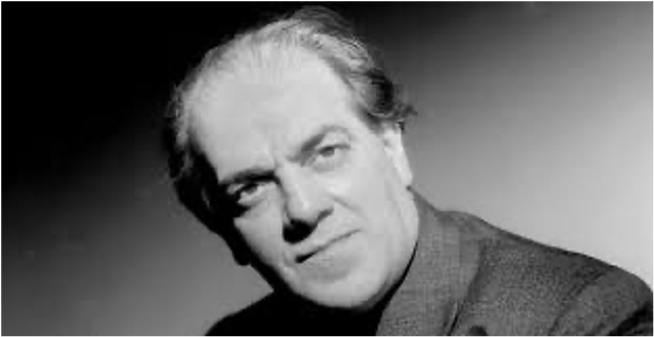

Filters

Brazilian composer, cellist and classical guitarist, described as “the single most significant creative figure in 20th century Brazilian art music” and "the most celebrated South American musician". His music has been influenced by both Western classical and Brazilian folk music and he composed a great number of works during his life, many of which fused in a unique way Western classical music with native music. His most important works are the innovative series of pieces called "Choros" and the "Bachianas Brasileiras".
Born in Rio de Janeiro, he began cello lessons when he was six and as a teenager, he enjoyed playing guitar with the street musicians of Rio. He had little formal classical music training as his father, who was an amateur musician, arranged regular musical nights at their home and Heitor learned music by watching these visitors and absorbing their techniques, melodies and rhythms.
As Villa-Lobos was growing up, Brazil was turmoiled by a revolutionary wave, with the country abolishing slavery and overthrowing the Empire of Brazil. During these times, traditional Brazilian music was taking the place of European classical music and Villa Lobos was greatly influenced by these changes. His music became a window to the Brazilian experience in the early decades of the 20th century. By extensively traveling around Brazil, he discovered the folk and tribal music of his country and fell in love with it, so his music became a reflection of the cultural and musical diversity of his country. But classical composers, like Bach, were also very important for Villa-Lobos. So his work integrated music from different sources: the Brazilian tribes he had visited in the Amazon, the street bands he played in as a teenager, the classical European musical traditions that he learned as a cello player, and the musical modernism he discovered in Paris. His music creations were unique and Villa Lobos strived to bring this music to the world.
In Paris, where he stayed for almost 7 years, his music became a huge success. His exuberant personality also helped him befriend some of the most famous musicians , such as the pianist Arthur Rubinstein, who also promoted his music around the world.
Villa Lobos also became very involved with the public music education, once again by traveling throughout Brazil to offer his services as a teacher and school coordinator. One of his most important contributions is the creation of the Brazilian Academy of Music.
He left an important legacy behind him: his innovative music and his significant contribution to music education.